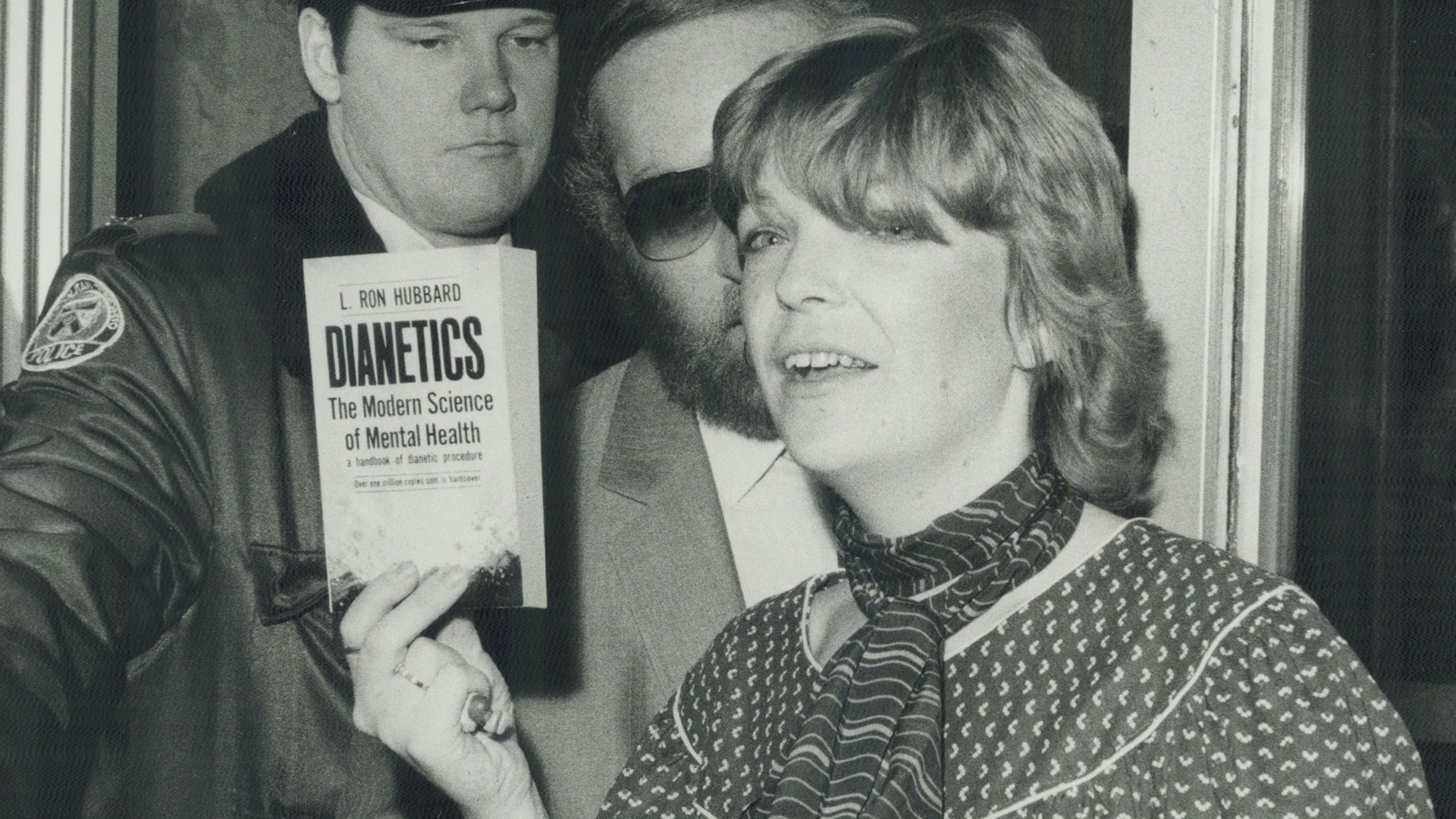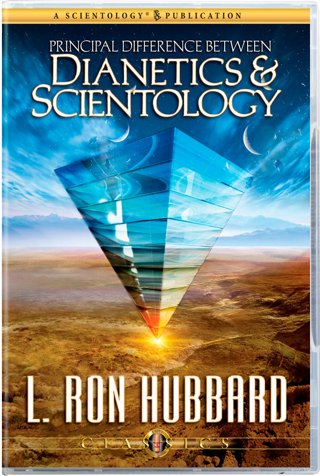Dianetics for Beginners
Wiki Article
Dianetics Things To Know Before You Buy
Table of ContentsHow Dianetics can Save You Time, Stress, and Money.How Dianetics can Save You Time, Stress, and Money.Examine This Report about DianeticsThe Best Guide To Dianetics
I couldn't ever not intend to get anything that comes to mind for you- if it was or else, I wouldn't be resting here with you, doing this. I not only could never have a problem, or not intend to hear something that comes to mind for you, yet I'm completely eager to recognize every concept, every idea, every image or sensation that arises or manifests for you- do not ever believe otherwise, and if for one reason or another you do, please just allow me know! Occasionally, you may have an idea, and picture, concept or occurrence pop up that does not appear to address the concern, or connect to it, however however, constantly do inform me regarding it, and as we proceed, the importance will certainly emerge for you.This is integral in the basis of processing, and the topic of this discussion: the standard roles of the counselor and the client: The fundamental duty of the counselor is, as opposed to "common training", not to manage, which means to impose and/or prevent, but to rather function from the basis of EMPOWERING THE CUSTOMER.

The Greatest Guide To Dianetics
John Mcmasters shared this standard reality wonderfully well in among his talks on Power processing, wherein he clarifies exactly how he was asked what this "special propensity" was that he had for providing such fantastic sessions; he had to think regarding that for a moment, and spotted that it was what he wasn't doing, in addition to what he was doing: he had not been assessing, judging, computing, or as a matter of fact, creating any type of thoughts, not to mention spoken expressions, after offering the command and while waiting on the PC to finish their solution to their fulfillment; he was, just and just, existing with the computer, and completely interested.The role of the therapist, demonstrated; that was his "special flair". I have actually had my own experience which showed me this well, really early on in the game. In 1982, having actually just recently finished my training and internship on New Era Dianetics, I was why not try this out running this on a COMPUTER, and there was a point in the session where (being a bit wet behind the ears not yet having numerous hours under my belt as a specialist auditor) the PC seemed to be "taking as well lengthy" to reveal anything verbally after I provided him a command.
This secret ended up being the most valuable contribution that John ever made to the subject of therapy or bookkeeping (Dianetics). In my simple viewpoint, it is click to read the biggest payment that any person has actually ever made to these subjectsthe application is entirely non-judgemental, non-evaluative, and without any pointer, advice or opinion.no preconceived agenda for people, or 'degrees' that they must do
In Scientology we prided ourselves on not examining for individuals. All that really indicated was that the auditor did not VERBALLY evaluate for the Computer in session.
Little Known Questions About Dianetics.

Anyone that had ever seen John audit can not assist but see an one-of-a-kind high quality in his auditing."The customer's fundamental role is to be there with the purpose of relocating the direction of their spiritual objectives, and to easily and completely express and experience whatever shows up for them in responding to the questions and carrying out the instructions in the handling.
This is something to process as needed. Also, individuals frequently have previous experience and/or indoctrination in auditing/processing which, in some ways, and to some degrees, really misinforms them into attitudes, ideas and actions patterns that avoid the complete understanding of these functions, and so they will certainly Learn More tend to hinder the expressing of what comes to mind, as in the examples given over - Dianetics. * The first, and maybe foremost instances of mis-indoctrination leading to much less than entirely smooth and efficient sessions, can be found in particular elements of the training routines, or "TR's":"TR's" are usually an individual's very first, or a minimum of early, experience in Scientology, and while I will certainly take place to discuss what I see as the imperfections in concept and practice, however, often tend to be significantly restorative, done as they are provided (Hubbard urges that "TR's are not processing, they are educating", yet factually, they are both processing AND training)
Alan Walter made similar observations, and enhanced on these with his "Presence Processes". There is no "failing", and no denial of the reality of this being processing. The focus, as it must be, is on experiencing the various other individual's existence. All the indications which get a "fail" in doing "TR-0" are just the being's efforts to withstand the various other individual's existence, and rather than being bothered and pestered with "Flunk", which enforces "failure!" on the being, one merely needs to be motivated to "stick their feet in the water a little much deeper", to significantly rehabilitate their capability and desire to totally share and experience "being below", or "presence", with others.
The Of Dianetics

Report this wiki page